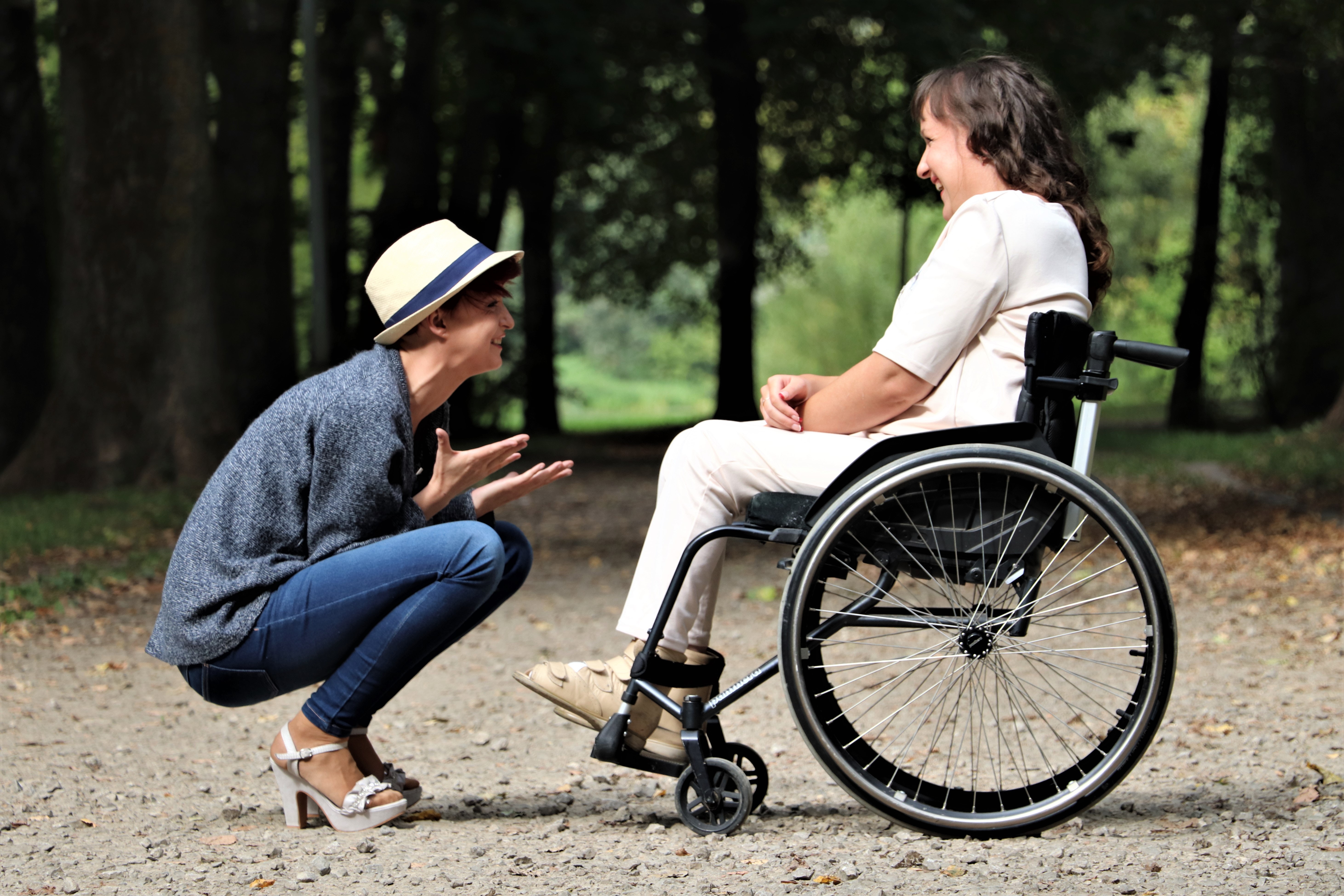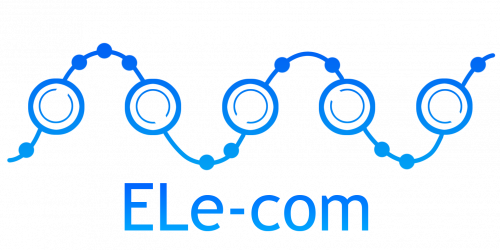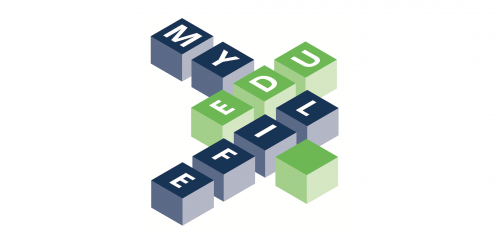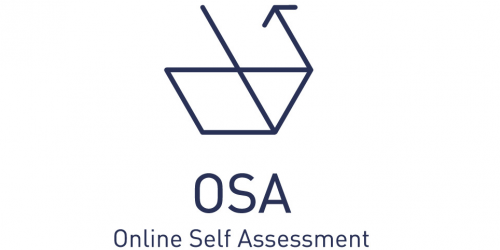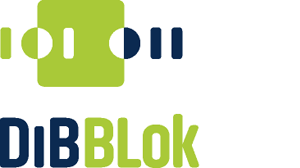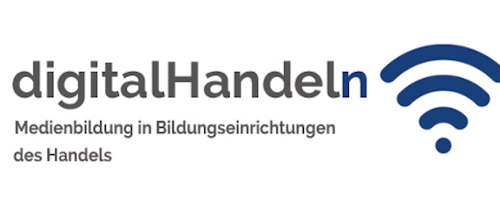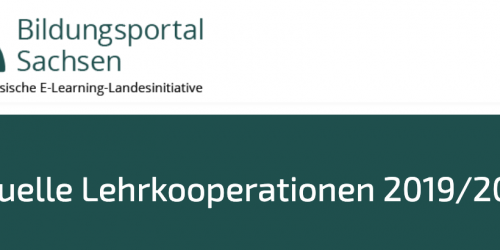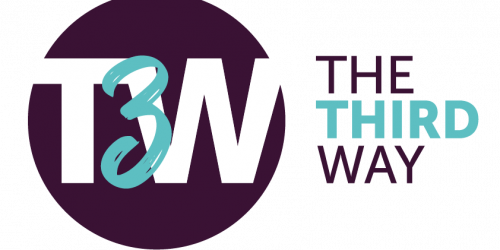Second funding phase in the Kraft-Copilot project: Improving self-care for young adult carers
A new chapter begins for the Kraft-Copilot project, which aims to support young adults who care for a loved one. After a successful first funding phase, the Federal Ministry of Education and Research (BMBF) has now approved the second funding phase. The course has been set, and the learning and networking platform to promote self-care among young adult carers is now launching...

